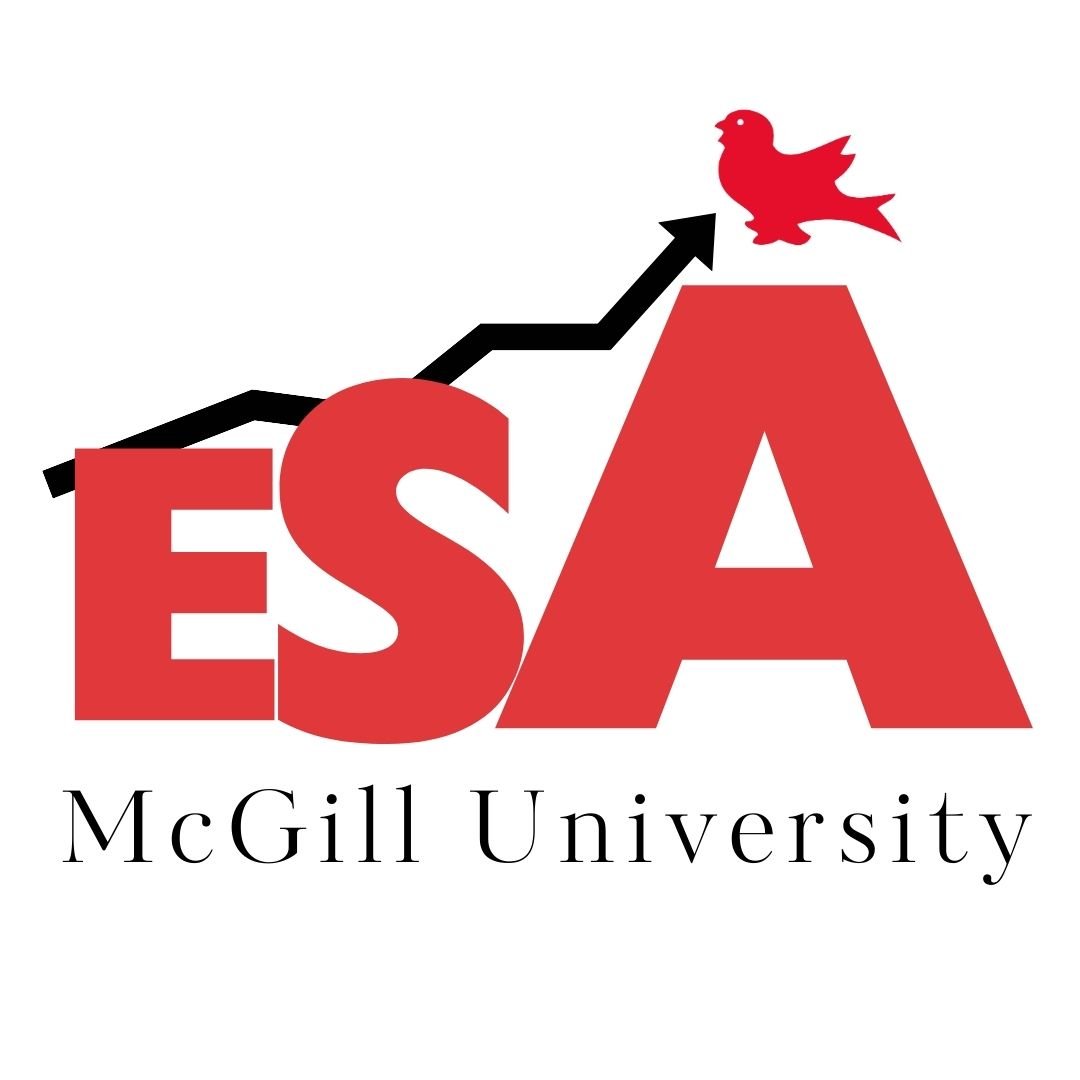The Democrats’ Hidden-in-Plain Sight Gift to the Rich
The Build Back Better act — a $1.7 trillion bill presented as President Biden’s plan to revitalize the middle class with progressive social and environmental programs — is now stuck in the American Senate because of senators Joe Manchin and Kyrsten Sinema, two moderate Democrats, and is very unlikely to pass as it is. Regardless of this, The Biden administration will likely try to pass some of the policies included in the BBB act by presenting them individually before the Senate. However, there is one piece of legislation that must be discarded by the Democrats: the increase of the State and Local tax deduction maximum amount.
The State and Local Tax (SALT) deduction allows taxpayers to deduct property and state income taxes from their federal taxes. It was first introduced in 1913, at the same time as federal income taxes, in order to avoid double-counting. The deduction was previously unlimited until the Trump administration put a $10,000 cap on it in 2018. Some Democrats are now trying to raise the cap to $80,000. By design, the deduction is biggest in states with higher taxes such as California and New York, which are also Democratic strongholds. They claim that increasing the cap will help the middle class and support social policies enacted by these high taxes states. However, this could not be further from the truth.
This simple measure is one of the most expensive policies in the BBB act, with a price tag of $275 billion over five years, which represents about 18% of the total bill. In 2017, before the maximum amount of $10,000 was implemented, the deduction cost the federal government a total of $369 billion, or 1.9% of the American GDP. According to models published by the Tax Policy Center, a moderate think tank, the average benefit for the middle 20% of taxpayers would be a measly $20. The top 20% would receive an average of $2,100, and the top 1% would see an average deduction of $15,000. In total, less than 9% of the $275 billion price tag would go to those making less than $200,000 per year. This makes sense when you consider that according to the Internal Revenue Service (IRS), 87% of Americans do not itemize all their deductions when filing taxes. Furthermore, wealthier people usually own pricier properties and earn a higher income, thus they benefit more from the deduction. It is clear that the measure is aimed at securing support from wealthy Democrat constituencies. Vocal supporters of the policy include prominent Democrats such as House of Representatives Speaker Nancy Pelosi and Senate Majority Leader Chuck Schumer. Rep. Pelosi lives in Presidio Terrace, a small and affluent neighborhood of San Francisco, California and Sen. Schumer lives in Park Slopes, a wealthy neighborhood of Brooklyn, New York. Lifting the cap to $80,000 would benefit them and their neighborhood, not the middle class. To add insult to injury, the cap increase is counted as a tax increase because the Trump cap ends in 2026, thus the $80,000 would be a reduction compared to an unlimited SALT deduction.
This policy is highly regressive and goes against the progressive agenda of the current administration. Despite the marginal benefits to high-tax Democratic states, progressive politicians should build on the effort of the previous administration and eliminate the deduction. At the steep price of $275 billion, other more effective programs could be enacted to revitalize the middle class. In the original BBB act, more money was allocated toward this deduction than there was toward the proposed two years of free community college, free universal pre-school, or the Child Tax Credit and Earned Income Tax Credit combined. In a show of their true intentions, Democratic leaders were faster to let go or rework these progressive social programs than they were to reconsider the SALT deduction.
As a progressive alternative to the SALT deduction, Senator Bernie Sanders proposed to lift the cap only for those earning less than $400,000 a year. On the surface, this new proposal seems more progressive than the original. However, it does not increase the average amount saved by the middle class and those earning at least $200,000 yearly still reap most of the benefits. Another alternative is extending the Child Tax Credit by a year. This tax credit is directed at low-income families with children. Despite being a common measure in other developed countries, it was only introduced in the USA during the pandemic. According to the Economist, it helped pull over three million children out of poverty and reduced food insecurity in low-income households. The cost of the policy would have been $100 billion for one year – considerably less than the amount allocated for increasing the SALT deduction cap. Another alternative is the previously mentioned two years of free community college for all Americans, which would cost around $109 billion per year. Even providing free and high-quality preschool to all three and four-year-olds would cost $200 billion; less than the amount reserved for the State and Local Tax deduction.
Despite the progressive discourse of the Democrat administration, one of the most expensive policies on their agenda is an extremely regressive measure defended by hypocritical politicians looking to enrich themselves while disguising it as a relief for the middle class. Not only do they prevent middle-class Americans from having better social policies, but they also lie about the true motives behind the policy or remain painfully ignorant of the reality. The only option consistent with their discourse is not to increase the cap but to completely remove the tax deduction. Tensions between the progressive and moderate wings of the party risk tearing it apart. It’s time for the Democratic leadership to put their money where their mouth is.
Edited by Nadira Anzum
Featured Image "Build Back Better Press Conference - Wilmington, DE - July 14, 2020" by Biden For President is licensed under CC BY-NC-SA 2.0

